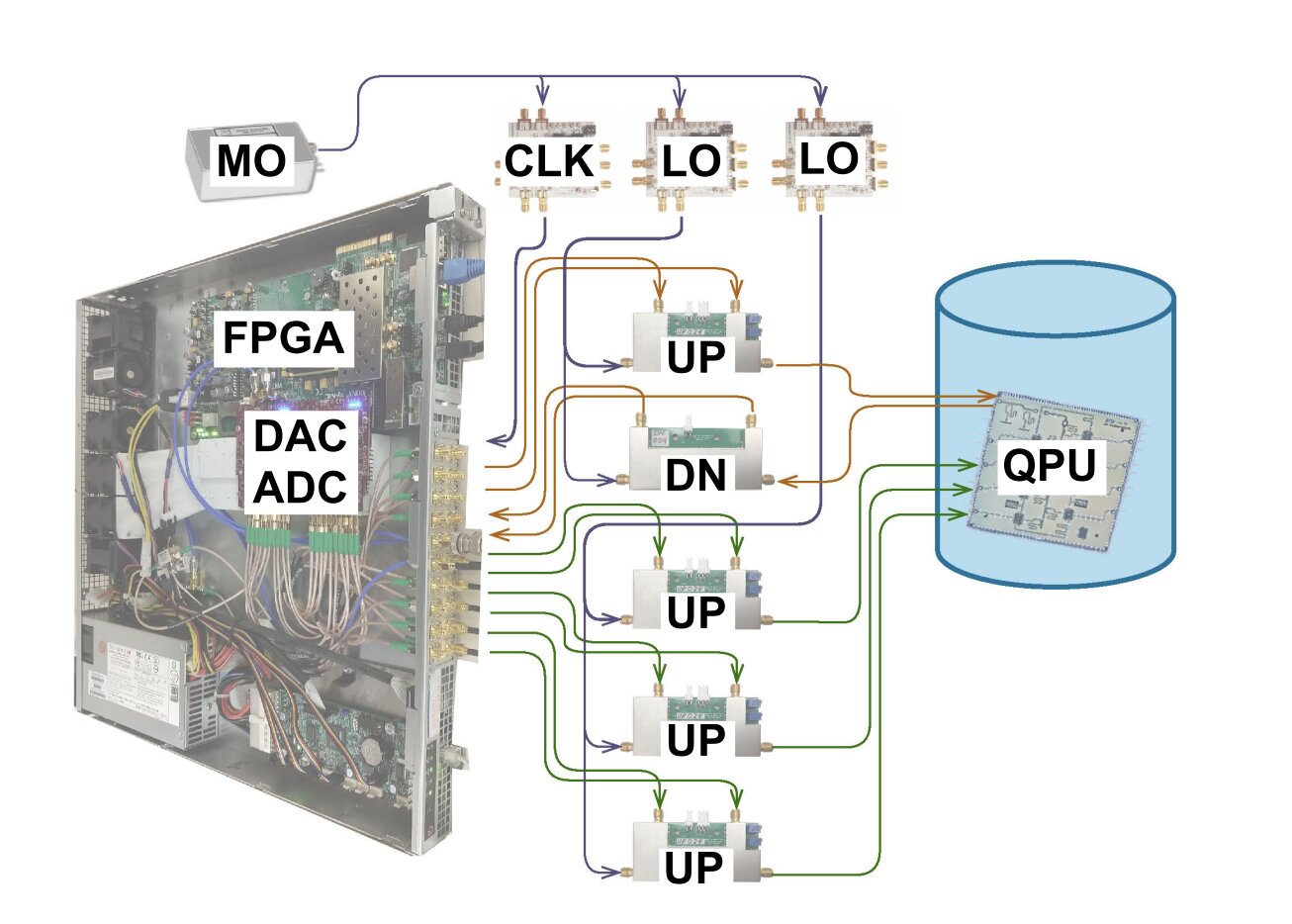The Lawrence Berkeley National Laboratory (Berkeley Lab) has open sourced a new electronics control and measurement system for superconducting quantum processors, making the engineering solutions for the emerging hardware more accessible. Superconducting circuits are one of the leading quantum computing technologies seeking to solve complex problems beyond the reach of classical computers.
This superconducting qubit control system, called QubiC, is customizable and modular.
The team has tackled the quantum control challenges by designing modular control hardware for current and future superconducting processors and open sourcing the system’s full-stack code, so that it can be accessed, improved, and leveraged by the broader quantum information science community.
QubiC integrates an FPGA (Field-Programmable Gate Array) RF (radio frequency) system, which modulates the signals at room temperature to manipulate and measure the superconducting qubits cooled down to cryogenic temperatures.
QubiC’s Python-based software and firmware implement the control and measurement protocols to characterize and benchmark the quantum chips, optimize one- and two-qubit gate algorithms, and mitigate errors. Experimental results have demonstrated that QubiC executes quantum algorithms with promising synchronicity and speed, delivering results similar to commercially available systems at less cost.
QubiC is compatible with commercial and custom-designed electronics. As a result, testbed users from a variety of national laboratories, startups, and companies have shown strong interest to deploy their projects using QubiC’s customizable interface. (Phys.org)
The project is available on Gitlab.
The paper has been published in IEEE Transactions on Quantum Engineering.


